

The global lockdown is a challenging time for everyone, but especially for parents. We love spending time with our kids but after a few weeks, giving them something to do and getting 30 min of quiet time to think and focus is priceless… (Or is it only me? Let me know in comments below). So why don’t you kill two birds with one stone? You can keep your kids busy and get them to know what mom and/or dad do for a leaving?
Below you’ll find a few ideas that might bring your little ones (and yourself) a bit of GeoGeek fun during this difficult time.
1. Illustrated Atlas
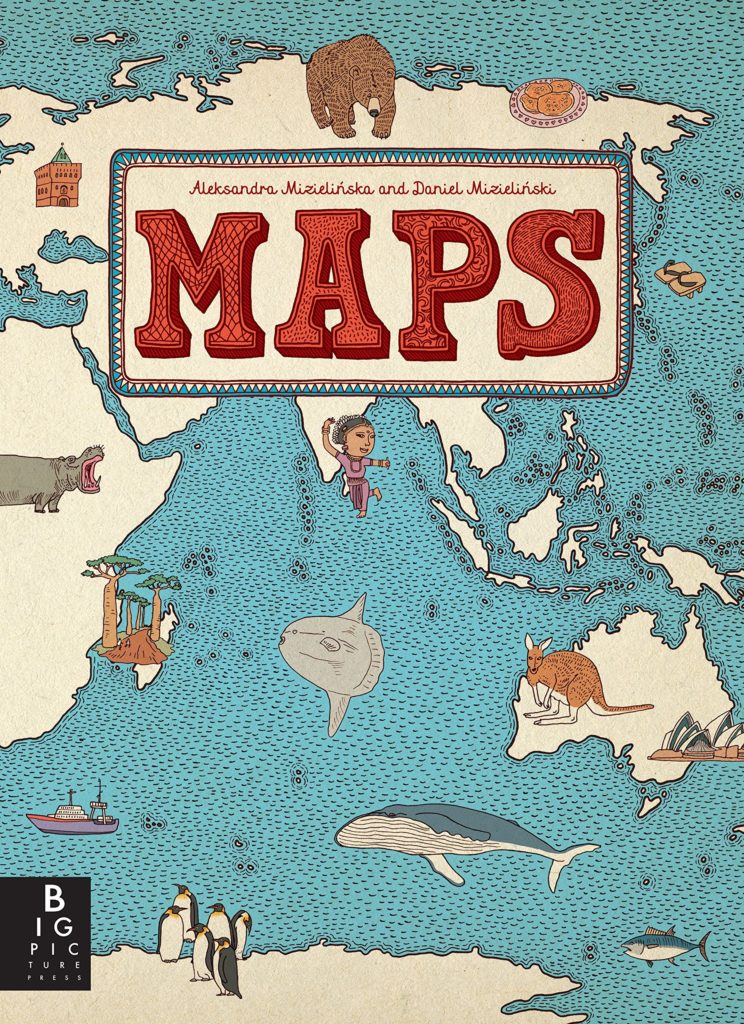
“Maps” published back in 2013 is a great treat for both young cartographers and armchair travellers. The book features plenty of handsomely detailed illustrated continent and country maps including major industries, regional insects, birds, fish, and other animals, plants, crops and prepared food, as well as famous people. Your kids will learn a lot and you might refresh yourself some geography facts;).
You can get it on Amazon for about $25.
2. Outline maps for colouring
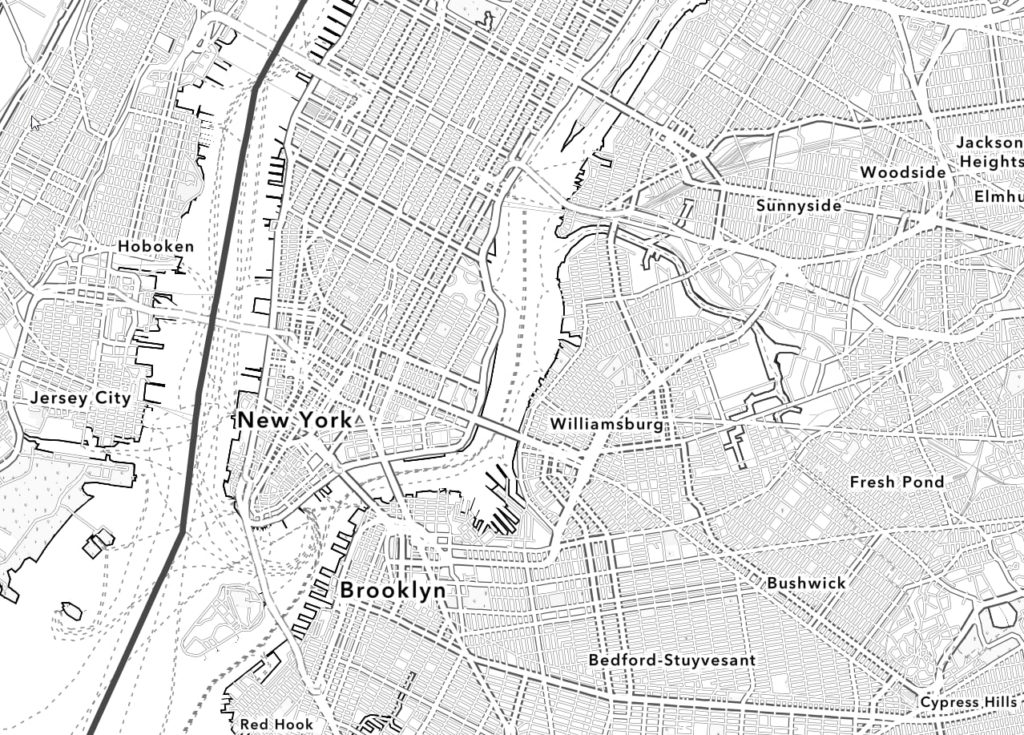
Kids love colouring… So instead of colouring another Spiredman or Star Wars character you can give them a possibility to do it with maps. Esri published a nice set of outline maps that you can print at home. They’ve also created a web map where you can create an outline map of your neighbourhood. It’s quite awesome.
3. Augmented Reality Interactive Globe
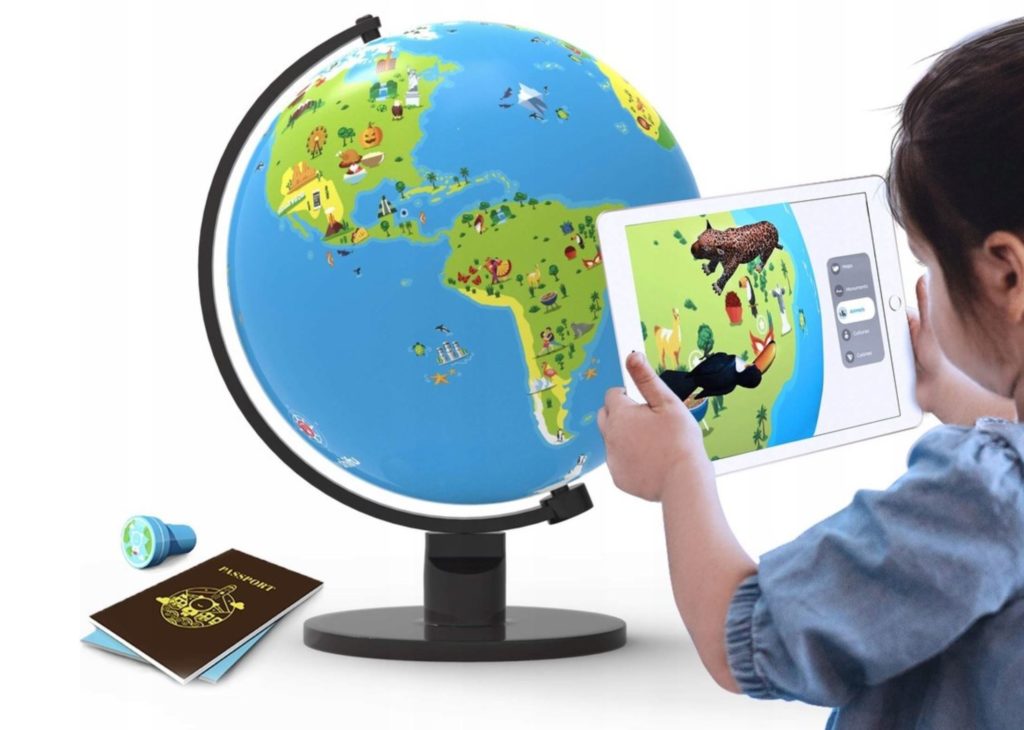
If your kids can’t survive more than 5 minutes without an iPad, why don’t they do something useful? Shifu Orboot is a physical globe and iPad app that takes your child on an augmented reality-based journey around the world. It sounds like a lot of fun although I haven’t tested it so far.
You can get it on Amazon for about $55.
4. Map quizzes

If you’re a competitive type, we recommend you spend some time on our geography quizzes. You can play, learn, score, and compete with your family.
5. Map puzzles
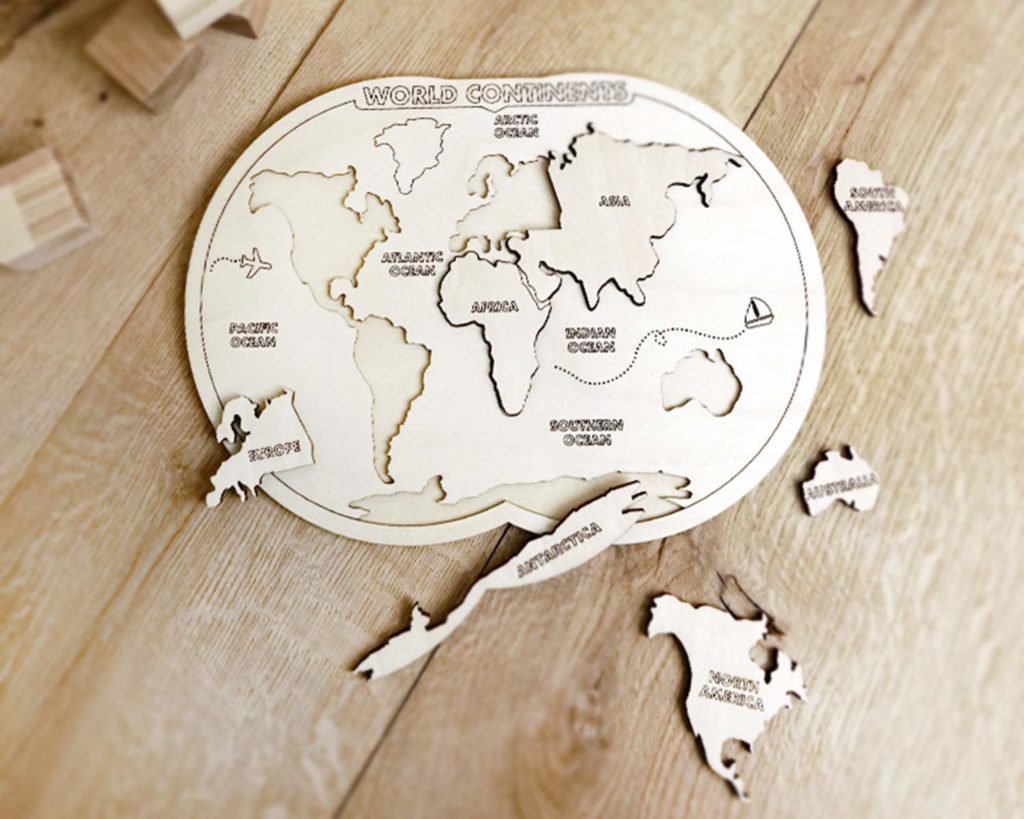
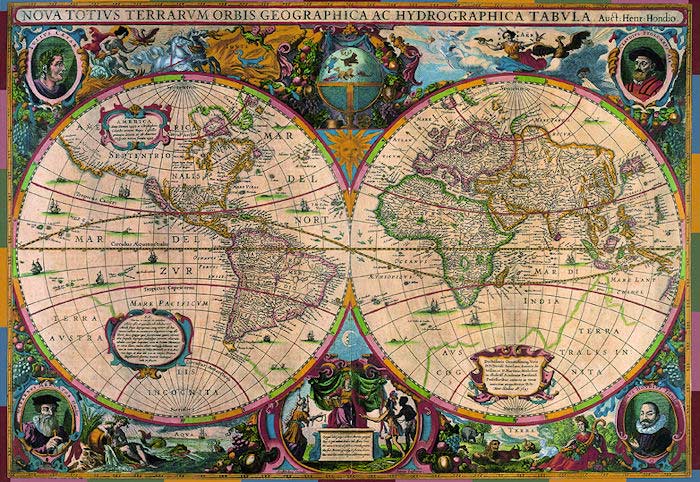
It can be as simple as 7 elements and as difficult as 3000 pieces. Map puzzles are always fun! You can find dozens of different options online.
6. Online map games
There are plenty of cool geography games available online. One of our favourite is GeoGuessr that started as a small web app that gives you the challenge of guessing the locations of a series of random Street View images. After you’ve made your guess, it reveals the real location, and awards points based on how close you get. It’s so addictive that it gained a lot of attention and grew with plenty of features and option.
Have fun and stay safe!



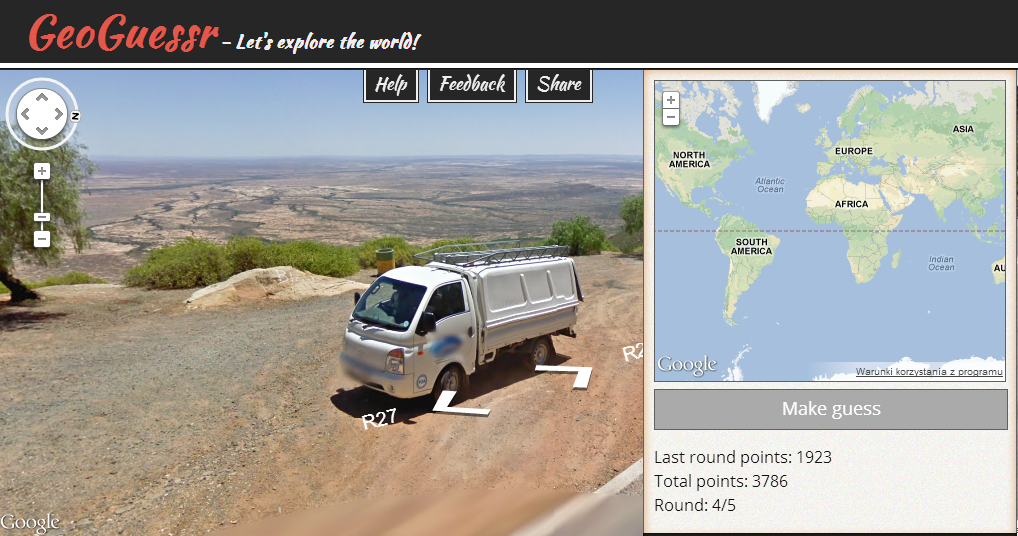




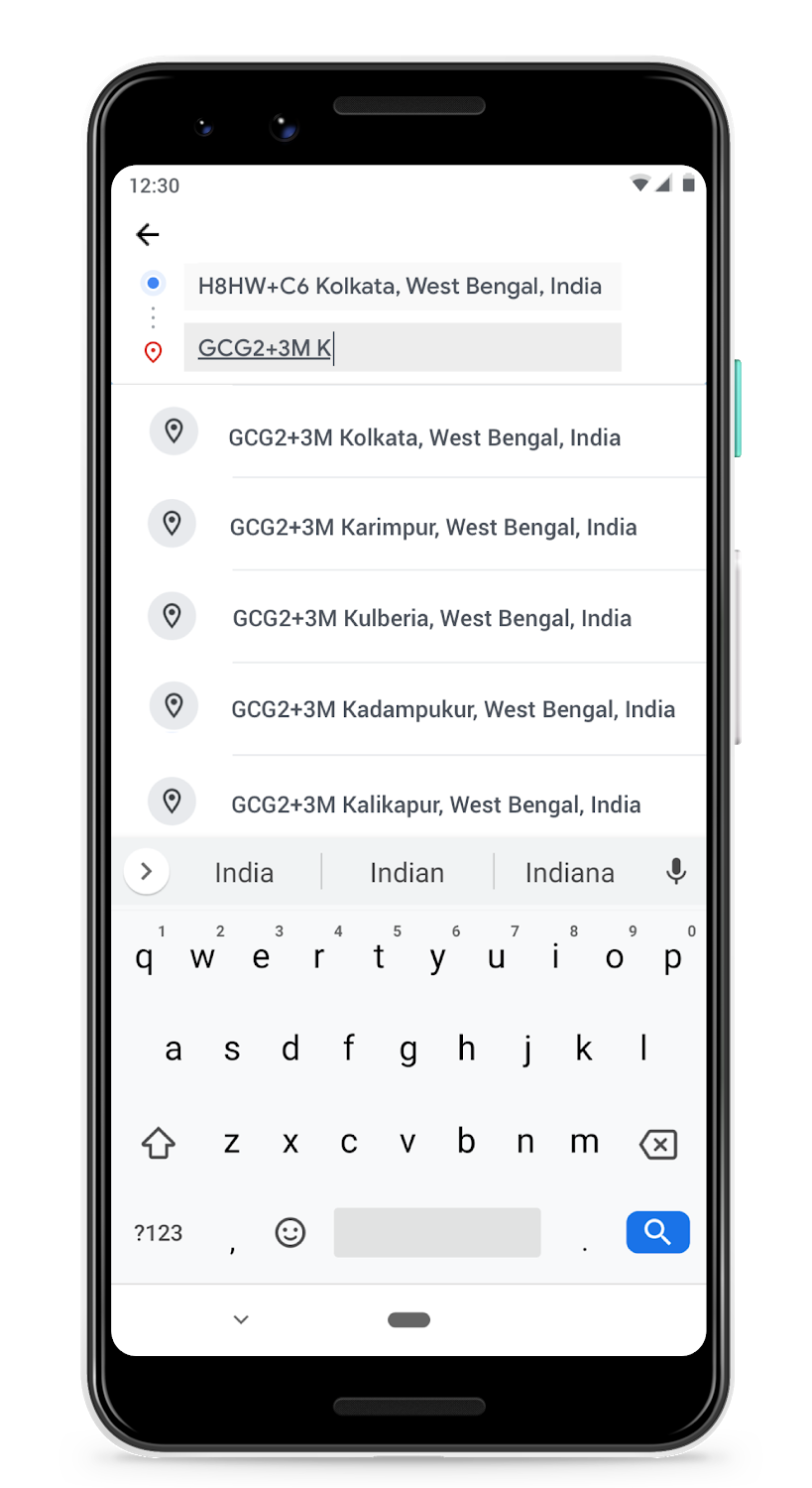 Google has integrated its digital addressing system Plus Codes into Place Autocomplete across Places API, Places Library in Maps JavaScript API, and Places SDK for Android. This means anytime the first letter of the town or locality in a Plus Code address is typed into a location-based service app, the application will automatically start returning Plus Code suggestions. Places SDK for iOS will also receive the integration soon.
Google has integrated its digital addressing system Plus Codes into Place Autocomplete across Places API, Places Library in Maps JavaScript API, and Places SDK for Android. This means anytime the first letter of the town or locality in a Plus Code address is typed into a location-based service app, the application will automatically start returning Plus Code suggestions. Places SDK for iOS will also receive the integration soon.